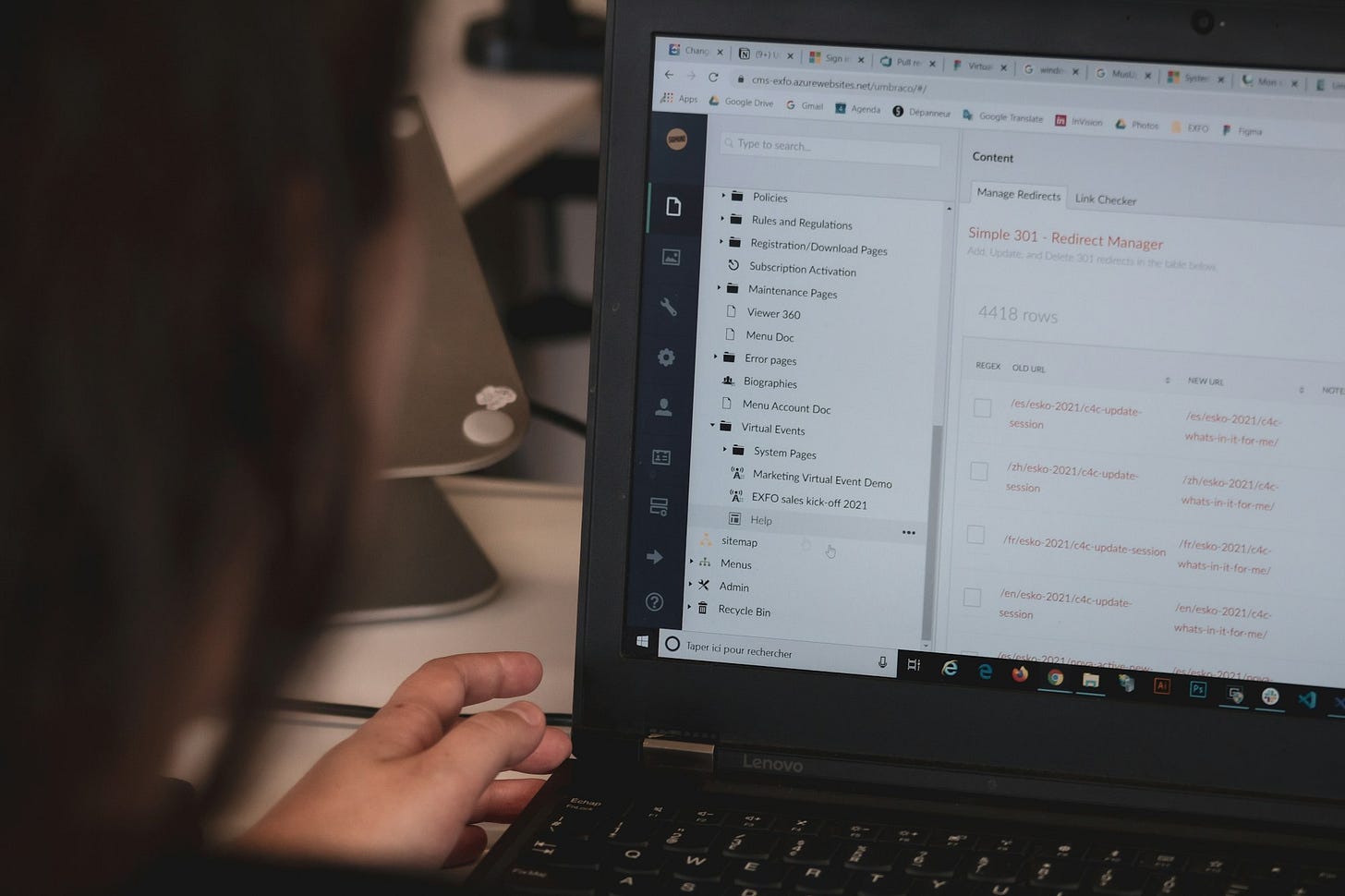What is PII?
Learn what PII (Personally Identifiable Information) is, why it's important, and how to protect it. Understand the implications of mishandling PII in this comprehensive guide.
Introduction
Protecting personal information is more crucial than ever. But what exactly is PII, and why is it so important? This article delves into the concept of Personally Identifiable Information (PII), exploring its definition, significance, and the best practices for safeguarding it.
Understanding PII
What is PII?
PII stands for Personally Identifiable Information, referring to any data that can be used to identify a specific individual. This can range from obvious identifiers like names and social security numbers to less obvious details like IP addresses and biometric data.
Types of PII
Common Types of PII
Basic Identifiers: Names, addresses, phone numbers, and email addresses.
Sensitive Identifiers: Tax File Numbers, driver's license numbers, and financial account information.
Digital Identifiers: IP addresses, login credentials, and device identifiers.
Biometric Data: Fingerprints and facial recognition data
Importance of PII
Why is PII Important?
PII is critical because it can be used to commit identity theft, fraud, and other malicious activities. Protecting PII helps prevent financial loss, legal issues, and damage to one's reputation.
Legal Frameworks Surrounding PII
Global Regulations
GDPR (General Data Protection Regulation): Enforces strict guidelines on data protection and privacy in the European Union.
CCPA (California Consumer Privacy Act): Provides residents of California with rights over their personal data.
HIPAA (Health Insurance Portability and Accountability Act): Protects sensitive patient health information in the United States.
Protecting PII
Best Practices for Protecting PII
Data Encryption: Use strong encryption methods to protect data both in transit and at rest.
Access Controls: Limit access to PII to only those who need it for their job functions.
Regular Audits: Conduct regular audits to ensure compliance with data protection policies.
PII in the Workplace
Handling PII at Work
Employers must train their staff on the importance of PII and implement strict policies for handling and disposing of personal information.
PII and Cybersecurity
The Role of Cybersecurity in Protecting PII
Cybersecurity measures like firewalls, anti-malware software, and secure networks are essential in safeguarding PII from cyber threats.
Consequences of PII Breaches
Impact of PII Breaches
Financial Loss: Companies can face hefty fines and lawsuits.
Reputational Damage: Breaches can erode trust and damage a company's reputation.
Legal Repercussions: Non-compliance with data protection laws can lead to legal action.
PII and Identity Theft
How PII is Used in Identity Theft
Identity thieves use stolen PII to open new accounts, take out loans, and commit other fraudulent activities, causing significant harm to victims.
Real-Life Examples of PII Breaches
Notable PII Breaches
Equifax (2017): A breach that exposed the personal information of 147 million people.
Target (2013): A data breach that affected 40 million customers' credit and debit card information.
The Future of PII
Emerging Trends in PII Protection
As technology evolves, so do the methods for protecting PII. Innovations like AI-driven security and blockchain technology are paving the way for more secure data protection practices.
FAQs
What constitutes PII?
PII includes any information that can identify an individual, such as names, addresses, social security numbers, and biometric data.
How can I protect my PII?
You can protect your PII by using strong passwords, enabling two-factor authentication, and being cautious about sharing personal information online.
What should I do if my PII is compromised?
If your PII is compromised, immediately report it to the relevant authorities, monitor your accounts for suspicious activity, and consider freezing your credit.
Are companies required to protect PII?
Yes, many laws and regulations require companies to protect PII and implement appropriate security measures.
Can I control how my PII is used by companies?
Yes, under regulations like GDPR and CCPA, you have the right to know how your PII is used and can request its deletion or correction.
What are the penalties for mishandling PII?
Penalties for mishandling PII can include fines, legal action, and damage to a company's reputation.
Conclusion
Understanding and protecting PII is essential in today's digital world. By following best practices and staying informed about legal requirements, individuals and organizations can better safeguard personal information and mitigate the risks associated with data breaches.



